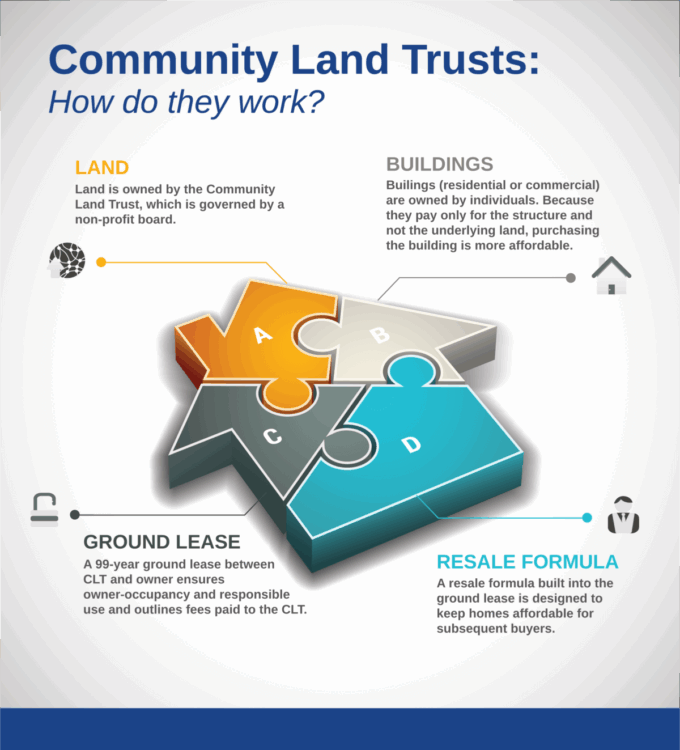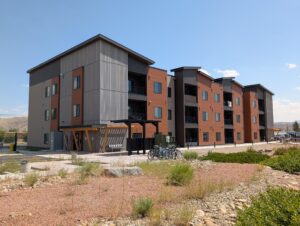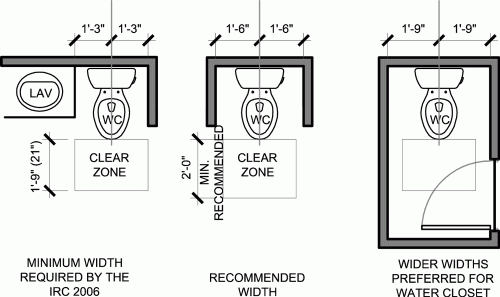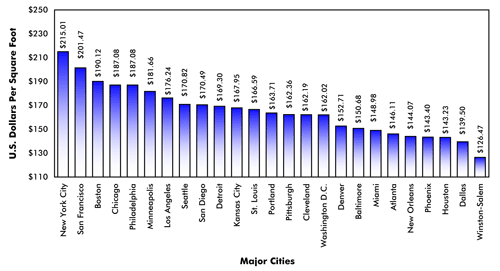Understanding Community Land Trusts: Building Lasting Affordability Through Local Ownership
What Is a Community Land Trust?
A Community Land Trust (CLT) is a nonprofit organization that owns land for community benefit while selling homes on that land to income-qualified buyers. Instead of owning both the house and the land, homeowners buy the home and lease the land through a long-term, renewable ground lease—typically for 99 years.
This structure keeps homes affordable for future buyers while still allowing current homeowners to build equity. A community-based board—made up of residents, public officials, and community members—guides each CLT, ensuring decisions reflect local priorities.
How a Community Land Trust Works
A CLT begins by purchasing land and holding it permanently. Next, it develops or partners to build affordable homes on that land. When a buyer purchases a home, they agree to lease the land from the trust and follow resale restrictions that keep prices affordable for future owners.
When a homeowner decides to sell, a resale formula limits the price, preventing speculative increases. This system protects affordability while allowing the seller to recover their investment and share in appreciation. Over time, this cycle creates permanent housing affordability within the community.

A Brief History of CLTs
The CLT movement began in 1969 in Georgia, inspired by the civil rights era’s push for land access and economic equity. Early CLTs helped African American farmers gain stable land ownership and housing security.
From those roots, CLTs spread across the country, evolving into a proven strategy for communities facing rising housing costs. Today, hundreds of CLTs operate nationwide, from urban neighborhoods to mountain towns, ensuring that affordability lasts for generations.
Why CLTs Matter Today
As housing prices continue to rise, CLTs provide a long-term solution to affordability and displacement. Unlike short-term subsidy programs, CLTs keep housing affordable forever through community stewardship.
They also support a wide range of uses—including single-family homes, multifamily developments, community gardens, and even small businesses. By linking land to local control, CLTs strengthen neighborhood stability and empower residents.
EVstudio’s Experience with Community Land Trusts
EVstudio has actively worked on affordable housing projects using Community Land Trusts on multiple affordable housing projects throughout the Rocky Mountain region. By combining integrated architecture and engineering services, EVstudio helps CLTs design housing that is both cost-effective and community-driven.
Through these collaborations, EVstudio supports long-term affordability and sustainability, helping local residents stay rooted in the places they love.
Community Land Trusts in the Rocky Mountain Region
Several CLTs are making a major impact across the region, including:
-
Elevation Community Land Trust – Denver, CO
-
Thistle Community Land Trust – Boulder, CO
-
Rocky Mountain Community Land Trust – Colorado Springs, CO
-
Utah Community Land Trust – Provo, UT
- Trust Montana – Missoula, MT
These organizations preserve affordable housing in high-cost areas, ensuring that working families can continue to live and thrive in their communities.
Building a Stronger Future Together
Community Land Trusts offer a lasting path to affordability through community ownership and stewardship. By protecting land from speculation, they stabilize neighborhoods and create opportunities for future generations.
EVstudio remains committed to advancing the CLT model—helping design, engineer, and deliver projects that keep housing attainable, sustainable, and community-focused across the Rocky Mountains and beyond.










